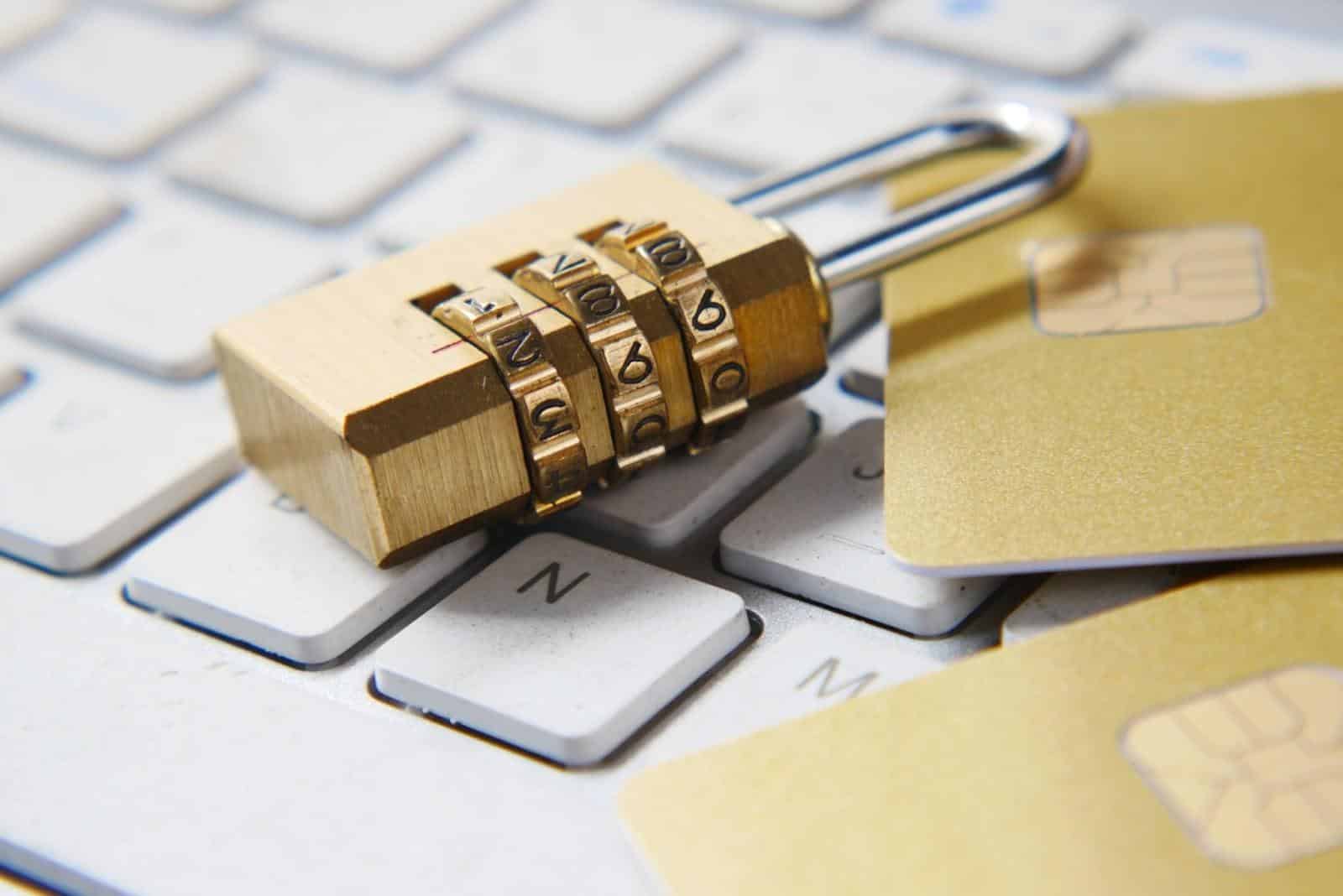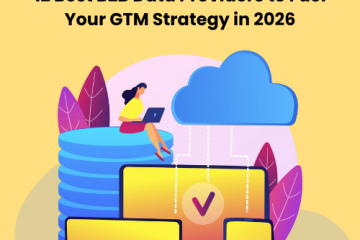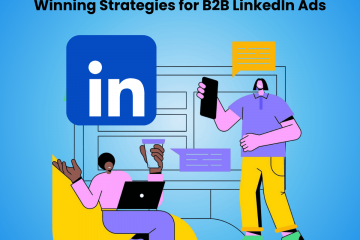12 Essential Security Tips Every Marketer Should Follow
All modern marketing specialists spend a significant chunk of their time online. And doing work over the internet means that there are cyber threats left and right.
As a marketer, the data you collect is your toolset, and you should familiarize yourself with what you can do right now to protect it.
So, here are twelve essential security tips that every marketer worth their salt should follow.
1. Make sure your software is up to date
This may be one the most-parroted things in the cybersecurity world, and for a reason. To prevent mishaps (e.g., ransomware or viruses), you need to stay ahead of the update game. You can start with your OS and the apps you use on a daily basis.
Here’s the thing – updates usually contain security patches along with new features and quality updates. A few clicks and a bit of wait time will save you from a lot of trouble in the future.
2. Start using encryption
From crypto to end-to-end messaging, encryption found its way into tech for a reason. It blocks scammers and hackers from accessing your data by converting it into ciphertext.
If you often find yourself using public and likely unencrypted wifi for work, you should apply encryption to protect your devices. Public wifi networks are notorious for man-in-the-middle attacks, which is when a hacker hijacks your connection and can access all of the data you’re transmitting.
With encryption, man-in-the-middle attacks become extremely unlikely. Encryption can be achieved through a Virtual Private Network, aka a VPN. A VPN will essentially hide you from the public network by encrypting your communication and making it impossible to read to outsiders, even if they somehow manage to hack into your device.
3. Don’t hoard data
Yes, virtually every piece of data has potential value, but you shouldn’t overdo it.
To avoid hoarding data, you first need to determine where the extra data comes from. The ideal scenario would be to gather only the info you actually need for marketing purposes. But that sounds way easier said than done. You’ll need to spend some time evaluating all the data you collect and store, but remember that this step is crucial to ensure you’re not making your business more vulnerable than necessary!
Once you determine what’s for keeps and what’s not, make sure to store the data properly. Data breaches are no joke.
4. Secure your credentials
As a marketer, you probably use various digital tools to help you keep everything under control. On top of that, you probably also manage social media accounts.
You need to take good care of your credentials for social media accounts, online tools, and email. Here’s how:
- Don’t reuse passwords – keep them unique for every account.
- Use complex passwords with numerals, uppercase letters, and special symbols.
- Don’t reveal your credentials to outsiders, no matter who asks you to.
5. Be careful with plugins
Maintaining a website requires all sorts of plugins and additional software to be installed. For security’s sake, you should carefully evaluate every plugin you install. Some plugins may carry malware that can steal your mailing list, credentials, and other important data. On top of that, bad plugins can slow down your website quite a bit. You should keep the number of plugins you use on your website to a minimum.
Also, remember to update your plugins regularly. Most plugins will allow you to set auto-updates, so make use of that. Lastly, make sure to delete all the plugins you’re not using anymore.
6. Keep Your Devices Physically Safe As Well
One security factor that’s often overlooked is data protection in the physical world. Digital nomads and marketers on the go know that leaving your computer unattended can cause major damage.
If an outsider obtains access to your unlocked computer, they can do all sorts of damage. And they don’t even need to do any hacking if you leave everything out in the open. That’s why it’s important that you password-protect your workstation, lock it every time you leave it unattended, and set an auto-lock feature so that it locks after 30 seconds of no activity.
7. Learn The Value Of A Good Backup
Nothing can save you in a security pinch as much as a solid backup. Now, making backups is not as easy as clicking “Upload to cloud”. The value of a good backup lies in the selection of the data you want to be saved.
Since data hoarding is never a good strategy, you will have to decide which data set you can’t work without. Client data is a clear example of what needs to be backed up.
This process brings two benefits to the table:
- You get to recover quickly after a mishap;
- By learning what to keep and back up, you get a better insight into your resources.
8. Don’t Cheap Out When Picking A Host For Your Website
Most people overlook the importance of a reliable web host and often go with the cheapest option. But picking a web host is just as important as picking a location for your business in the physical world. After all, both come with the same set of important questions:
- Are there security measures installed?
- What happens if a surge of visitors hits?
- What if there’s a power or a network outage?
When it comes to hosting, it’s your duty to sniff around and do some research. When picking your web host, don’t go for the first and cheapest option you find. Do some reading and see what security features are included in the package. Make sure that you get an SSL certificate, a good backup, and reliable loading speeds according to the number of visitors you intend to receive.
Talking about successful marketing campaigns on LinkedIn is one thing, but associating your personal accounts with your business accounts is risky.
The first thing you risk is identity theft and false representation. Creative scammers know how to use people’s business profiles to push their scams into business circles. This can set your personal brand as a marketer back quite a bit.
So, the safest bet is to not associate your personal info with your business endeavors. Of course, this rule comes with exceptions, as there are marketing strategies that require a more personal touch.
10. Be Extra Careful Around Analytics Software
As IT development skyrocketed, digital marketing tools evolved as well. Nowadays, there seems to be a tool for each and every one of your marketing needs. But you should be extra careful when choosing any kind of third-party software.
Marketers live and breathe analytics, so any tool that can help crunch the numbers is more than welcome. The tricky part about these analytics tools is that you most likely need to log in to your accounts through them.
This is where you need to do your due diligence, and research the software you want to use for analytics purposes. Apps are popping out left and right today, so you can’t be careful enough, especially when credentials are involved.
PS – If you want to learn how we protect privacy while providing Salespanel’s analytical features, let us know.
11. Have A Contingency Plan Ready
You should dedicate some time to creating a few “What if” scenarios. For example, backups are a good start. But there’s more to contingency plans than just backups.
Creating a contingency plan will let you uncover all the weak spots your security perimeter has. But you can’t take care of everything, so having a plan for when a weak spot fails is a reasonable direction.
There are numerous things that can go wrong. Simulating different security events will give you a perspective on what needs to be fixed. On the other hand, if you familiarize yourself with the issue before it happens, you get a better chance of solving it before it gets out of hand.
12. Stay Informed on the Latest Cybersecurity Threats in Your Sector
In the end, a marketer’s digital security boils down to common sense. Keep yourself updated on the newest threats in your niche. Marketing changes and evolves alongside technology, but so does malware.
Make sure your team members are on board as well. Phishing training and cybersecurity seminars are just as important as good old anti-malware software.
Conclusion
Marketing specialists seem to have more on their plates than ever. The digital era has brought many new opportunities, but it also brought new threats. As a marketer, you have to stay sharp and keep an eye out for little slip-ups that can snowball into terrible events. Sure, cybersecurity may not seem like a very significant part of your work, but don’t make the mistake of assuming you’re safe from cyber threats. Those who falsely assume they’re safe are the ones who get hit the hardest.
Update your software, cut back on data hoarding, secure your credentials, take advantage of the wonders of encryption, and stay informed on the latest threats. After all, prevention is the best cybersecurity practice out there.
Sell more, understand your customers’ journey for free!
Sales and Marketing teams spend millions of dollars to bring visitors to your website. But do you track your customer’s journey? Do you know who buys and why?
Around 8% of your website traffic will sign up on your lead forms. What happens to the other 92% of your traffic? Can you identify your visiting accounts? Can you engage and retarget your qualified visitors even if they are not identified?




